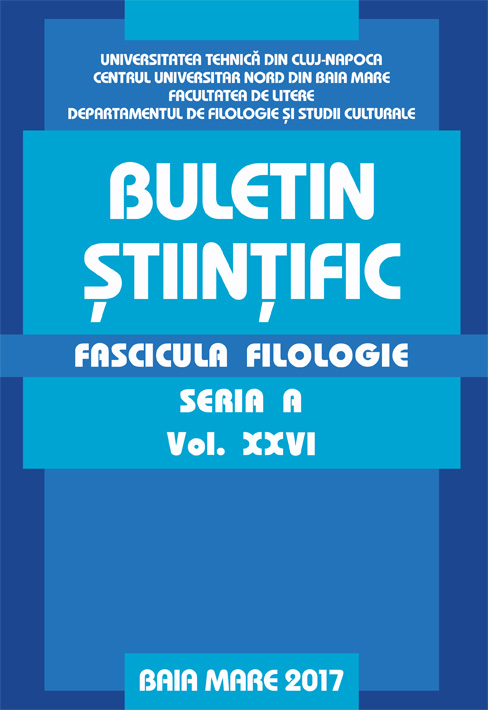Antropogeneza în folclorul românesc; o perspectivă biblică
Anthropogenesis in Romanian folklore: a biblical view
Author(s): Eusebiu BorcaSubject(s): Language and Literature Studies
Published by: Editura U. T. Press
Keywords: anthropogenesis; Romanian folklore; biblical exegesis; biblical hermeneutics;
Summary/Abstract: This study is a theological analysis of the Romanian myths about anthropogenesis and also a biblical exegesis of the Romanian folklore who presents the creation of human. I selected few representative fragments from Romanian myths about anthropogenesis trying to analyze their authenticity or their origin, their originality or their paternity and their links with biblical theology. I intend to make a critical and comparative analysis of the Romanian mythology about anthropogenesis, to put it in relation with biblical doctrine, with which myths maintain a complex and ambivalent relationship. Romanian folklore must be studied from a religious perspective. His themes should not be considered as dogmas, but only as seductive attempts, images of biblical truths. So, we are entitled to speak about a Romanian religious folklore. Even if the various narratives collected by the folklorists do not describe a complete anthropogenesis or cosmogony scenario we can outline an idea about old folk concepts of the Romanians. The popular and biblical cosmogony can not be confused, but the two are nevertheless linked by certain commonalities. In the light of the Christian interpretation of the genesis of the world, it is necessary to distinguish between God (who creates) and the other demiurgic forces (who had at their disposal all the elements created by God). Although they have a biblical (divine) basis, the anthropogenic myths of the Romanian folklore reflect, in particular, the anthropological conception of the Romanian, of itself, of that period. The content of these myths must be understood from the perspective of the inability to fully understand the mystery of Creation and the desire to explain the hard fate they had to endure day by day. Because of these things, without falling out of Orthodox faith (and embracing bogomilism) and without losing hope in the goodness of God (and abandoning his life to fate or destiny), the Roman peasant sought his escape, retreating into the fantastic world of the religious myth.
Journal: Buletin Stiintific, seria A, Fascicula Filologie
- Issue Year: XXVI/2017
- Issue No: 1
- Page Range: 229-242
- Page Count: 14
- Language: Romanian

